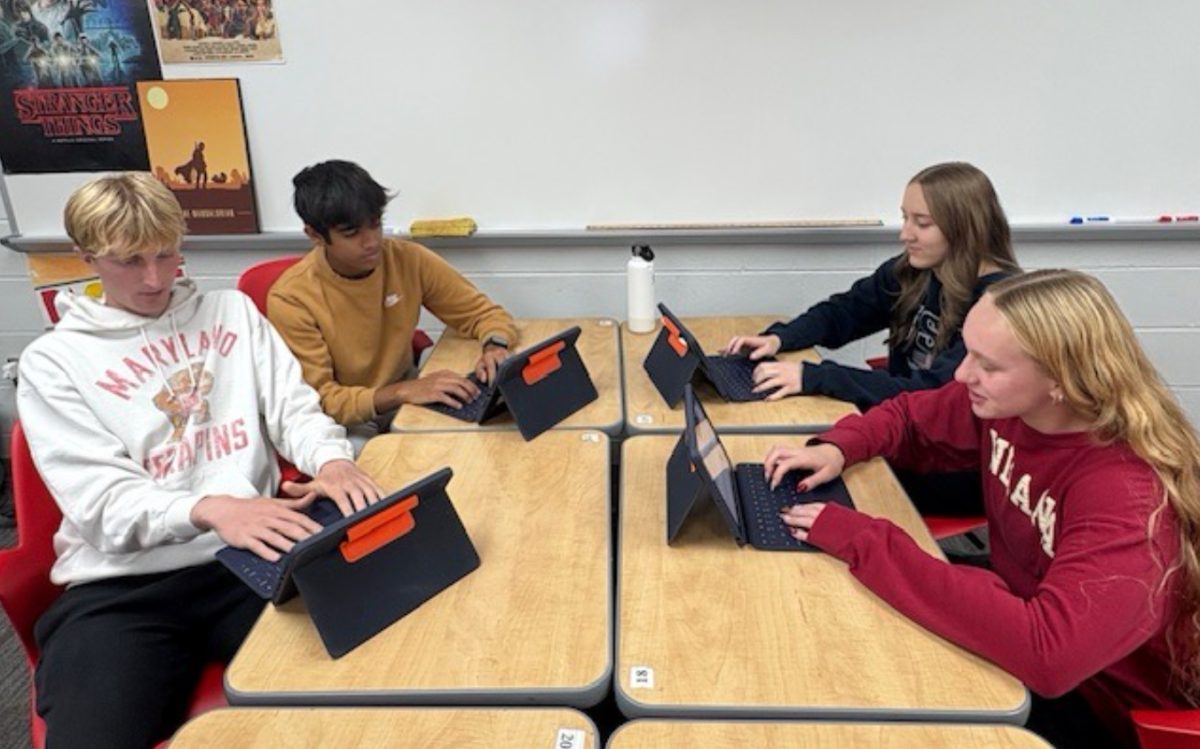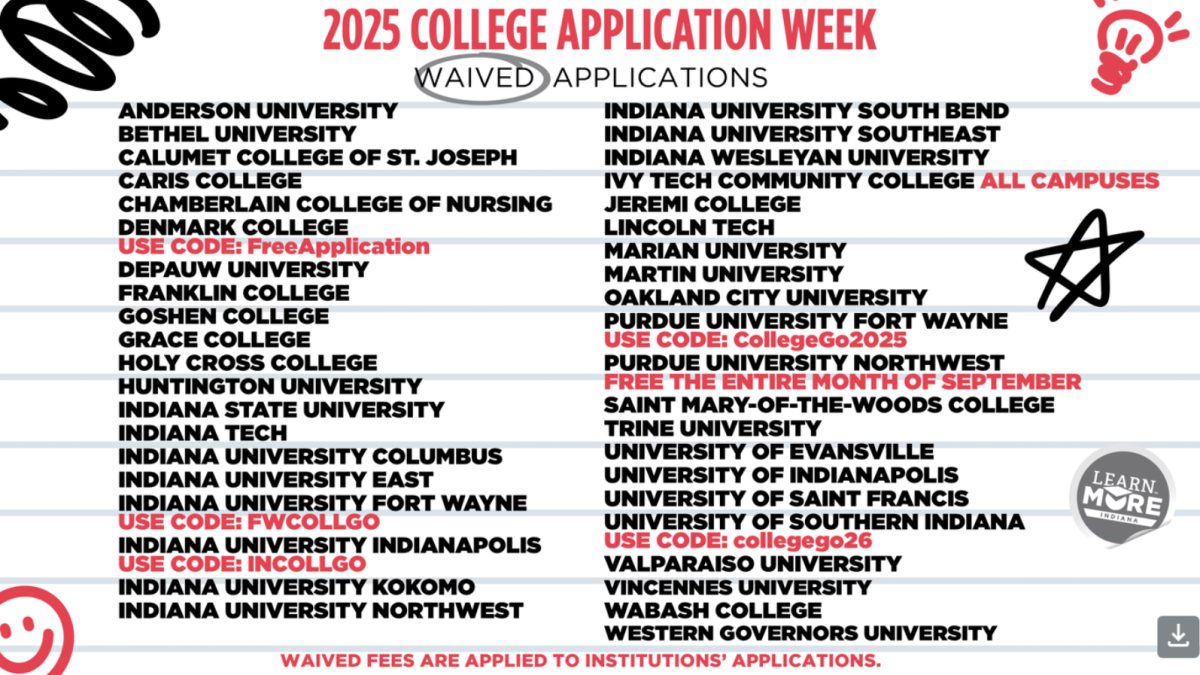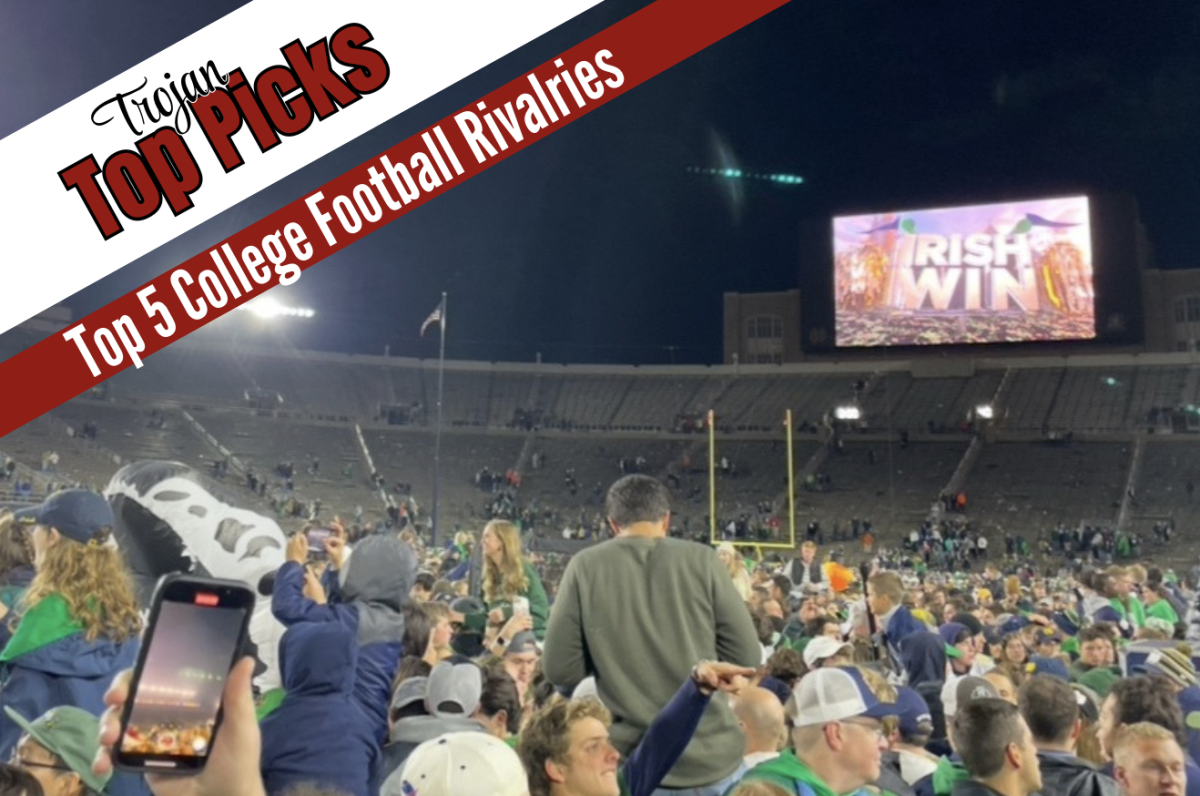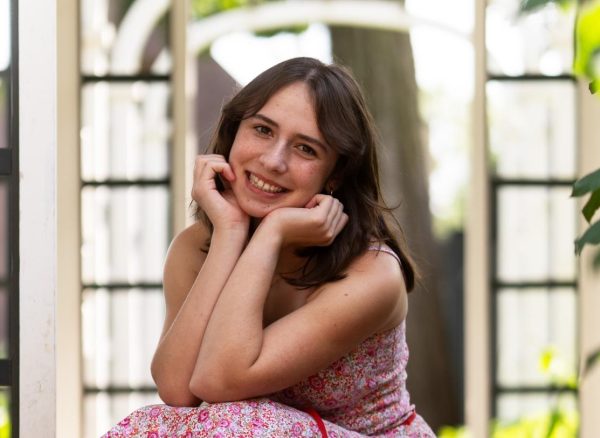For a competitive high school student, planning your schedule each year is like a game of Tetris. A game students start, unbeknownst to them, in middle school. Each year the valedictorian not only outsmarts all the other students in the class, but they also outsmart the system, a system filled with inconsistencies and shortcuts. A system that begs for change.
The truth of the matter is that the top 5% of the class is virtually equal in GPA, and any discrepancy between first and second in class rank could come down to a grading error or having a teacher that grades harsher, an inconsistency that is out of students’ control.
“There are always lots of different inconsistencies that overall make the system not a good standard for kids’ academic success,” senior and Harvard commit Krishaan Vadia said.
For the Center Grove class of 2025, a particularly inconsistency in the grading system sticks out to competitive students.
Until recently, Spanish 3 was the only third-year language class that was weighted. This meant that students who chose to take French, German or Chinese were at an unavoidable disadvantage. For some students, this minuscule discrepancy even took them out of the running for valedictorian.
A senior who is awaiting his decision from MIT admits that before his third year of French, he was very high up in the class rankings. However, he soon dropped down, surpassed by Spanish students who took the first, second and third spots.
The grading system is filled with these small, imperceptible inconsistencies that make the valedictorian system overall unreliable. It punishes those students who engage in multiple school activities such as choir and have to give up a class slot for an unweighted or less-weighted band or choir class. Are music, art, and humanity courses any less valuable for an education, and are we discouraging students from taking them?
At the same time, many students also say that the class rank system positively challenges them, and they benefit from taking a harder, more weighted class such as an AP course.
“Personally, I do think the system is beneficial as it really pushes people to try hard and take a course load that is challenging in order to help us in the future,” senior and AP student Quinn Smith said. “In respect to the required arts credit, [it] caused me to unknowingly take an unweighted arts credit even though a different option came up the next year. However, I don’t really believe that it is inherently bad.”
However, the GPA system also discourages students from taking classes that they want to take just for personal learning purposes.
A senior who held the valedictorian spot up until recently said that taking classes just for the sake of GPA makes learning “not very enjoyable.” She admits that she has had to pass up certain classes that she would’ve enjoyed taking in order to make room for heavier weighted classes.
A problem that school systems have increasingly faced is getting students to enjoy learning just for the sake of learning, especially in an era where students rely so heavily on getting answers on the internet. If students are fearful of exploring their academic interests, whether that be by taking a journalism class or giving up a semester to participate in the 4th year biomed internship program, because of what it might do to their GPA, what does that say about our school system?
“I definitely think that this puts a lot of pressure on higher-achieving kids who want to have a good academic record but also want to be open to exploring academic subjects but feel unable to because of this restraint,” Vadia said.
The valedictorian system creates homogenous education tracks, an almost formulaic path to being in the top of the class. Not only does this limit a student’s education, but it also hinders their career preparation as they are discouraged from taking less weighted courses that may be more helpful for their future careers.
In college changing your major is almost like a rite of passage, and many people change their major two or three times. As high school students, this is our time to explore different paths and subjects, even if that comes to the expense of our GPA. However, the current system punishes that. If you change which language you are taking to one that suits you better, that hurts your GPA because you will likely never get high enough in the language to take a weighted class. Or, if as a freshman you decide to take the PLTW pathway for either Biomed or engineering and you absolutely hate it, changing to another pathway or quitting altogether might cause you to fall behind in the GPA game.
This faulty system often negatively affects students both mentally and socially. Multiple high-ranking students admit that the system has had adverse impacts on their stress levels, sleep and social lives.
Middle schoolers who think they can come in as a freshman and become valedictorian just because of their hard work are going to be sorely disappointed. Without knowing they should take courses like Keystone over the summer to free up class slots or the easiest AP classes to pass or the importance of taking a foreign language, specifically Spanish, as an eighth grader, becoming valedictorian is a steep uphill battle for wide-eyed freshmen. The school regularly changing what classes are weighted and what classes count for certain credits just adds to this confusion.
Instead, the school could adopt a “cum laude” system like that of many colleges, an honorary title students receive upon graduation if they meet a certain GPA and class rank requirement. This system generally consists of two academic honors, the highest being “summa cum laude” followed by the second highest “magna cum laude.” High schools across the country are increasingly adopting this system, including multiple Indiana schools such as Carmel High School and Noblesville High School.
Or, the school could take a more holistic approach to choosing valedictorian or the top students. This approach could take into consideration class load and academics, extracurriculars, and character. This would allow students to explore their academic interests without being penalized and award hard work without all of the inconsistencies and injustice.
While no system is going to be perfect, these solutions could be a start.









